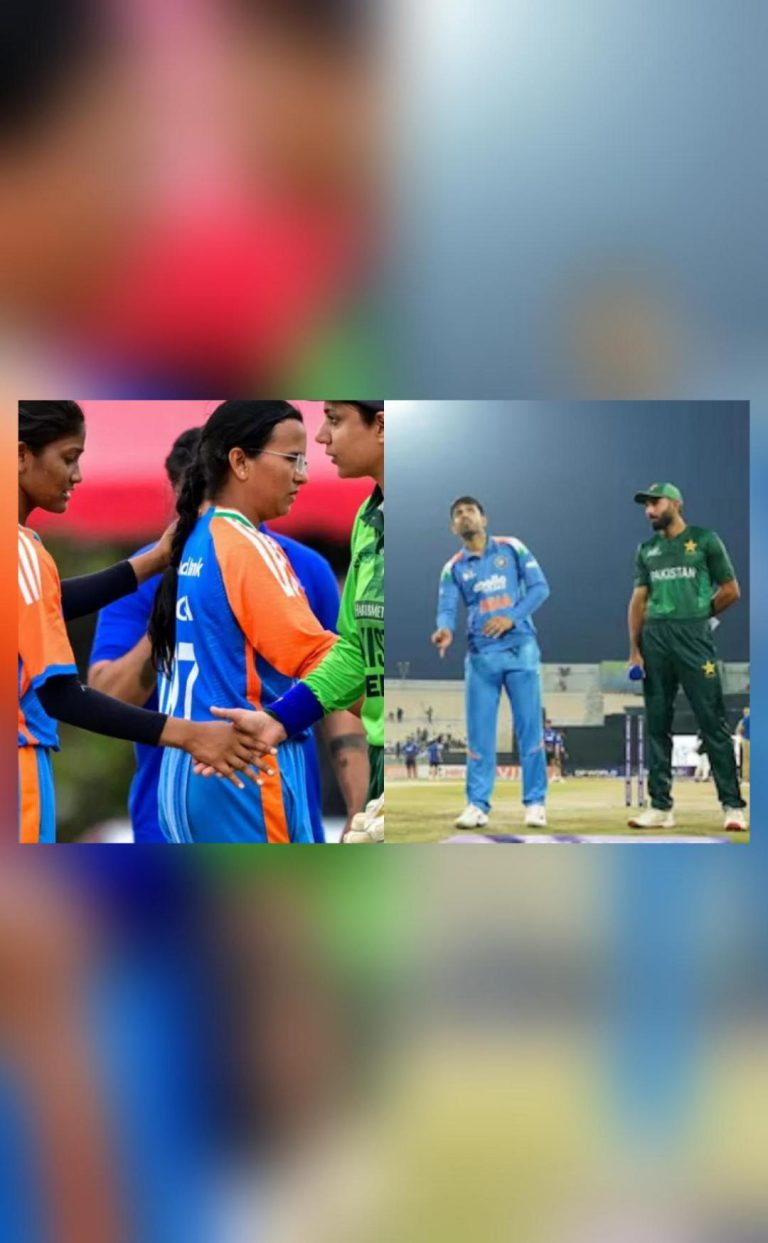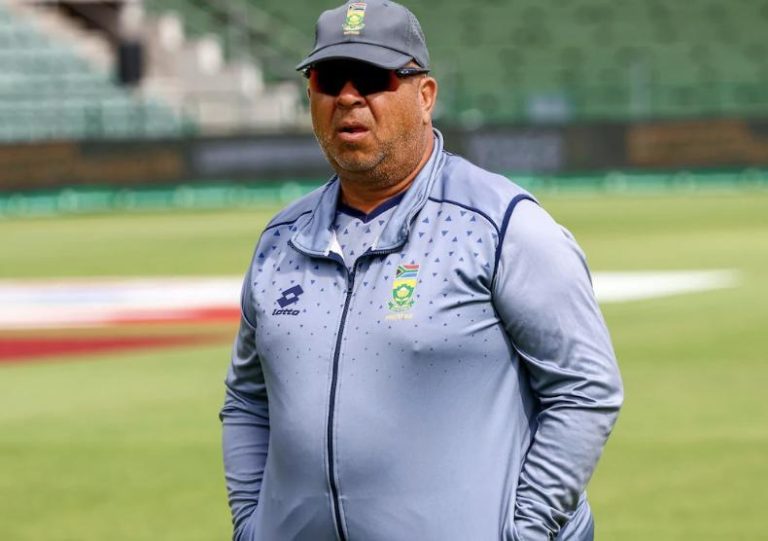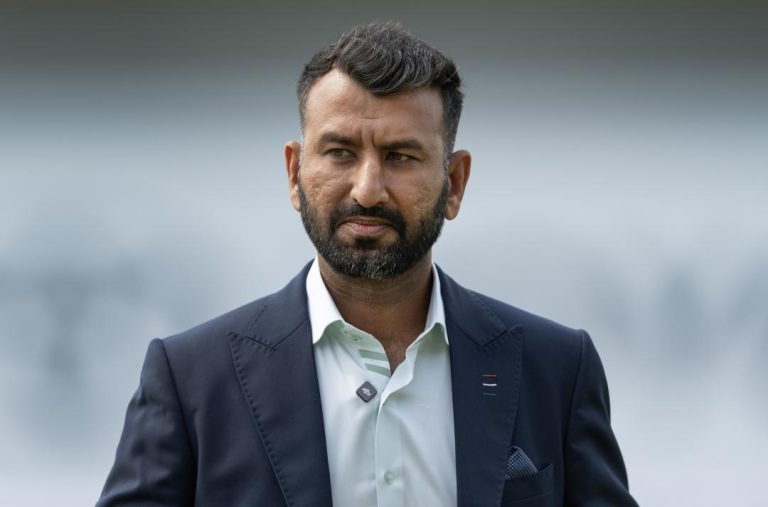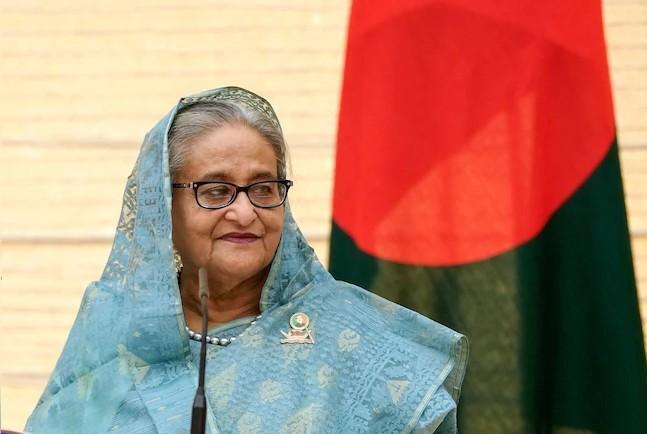
Ravindra Jadeja compares captaincy in T20 & Test format
Ravindra Jadeja, India’s versatile all-rounder, has shared his thoughts on the challenges and differences of leading a team in Test and T20 formats. In a conversation with his teammate R Ashwin, Jadeja spoke about the nuances of captaincy in different formats, revealing the key differences between Test and T20 cricket.
In Test cricket, Jadeja emphasized the importance of adaptability and flexibility. According to him, a captain in Test cricket needs to be able to adjust their field settings and bowling plans according to the bowlers’ strengths and the opposition’s batting lineup. “In Test cricket, you have to change two-three fielders as per the need of the bowler,” he said. “Captaincy in Test cricket is different. It’s simple, but calculative. It’s not complicated like IPL or T20Is.”
In contrast, Jadeja noted that T20 cricket is a more intense and dynamic format, where every ball is an event. “In T20s, every ball is an event,” he said. “You have to be on your toes all the time, making decisions quickly and adjusting your strategy accordingly.” This demands a different set of skills and mindset from a captain, as they need to be able to react quickly to changing circumstances and make split-second decisions.
Jadeja’s comments highlight the unique challenges that captains face in each format. In Test cricket, the emphasis is on strategic planning, adapting to conditions, and making calculated decisions to outmaneuver the opposition. In T20 cricket, the focus is on quick decision-making, reading the opposition’s strengths and weaknesses, and making the most of the limited opportunities.
Jadeja’s own experience as a captain in both formats has given him valuable insights into the differences between Test and T20 cricket. As a captain in Test cricket, Jadeja has led India to several victories, including a historic series win against Australia in 2021. In T20 cricket, he has led the Indian team to several victories, including a World Cup title in 2021.
Despite the differences between Test and T20 cricket, Jadeja emphasized that the core skills of a captain remain the same. “As a captain, your job is to make decisions that will give your team an advantage,” he said. “Whether it’s Test cricket or T20 cricket, the key is to stay calm, think clearly, and make the right decisions at the right time.”
Jadeja’s comments also highlight the importance of adaptability and flexibility in modern-day cricket. With the game evolving rapidly, captains need to be able to adapt to new situations, tactics, and technologies. “Cricket is a constantly evolving game,” he said. “As a captain, you need to stay ahead of the curve, be open to new ideas, and be willing to adjust your strategy accordingly.”
In conclusion, Ravindra Jadeja’s comments provide valuable insights into the challenges and differences of leading a team in Test and T20 formats. Whether it’s Test cricket or T20 cricket, the core skills of a captain remain the same – to make decisions that will give your team an advantage. However, the unique demands of each format require different skills, strategies, and mindsets from a captain.






